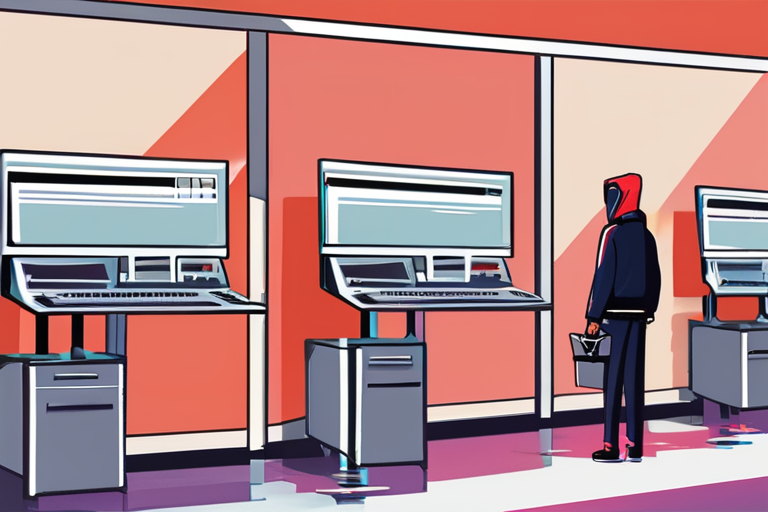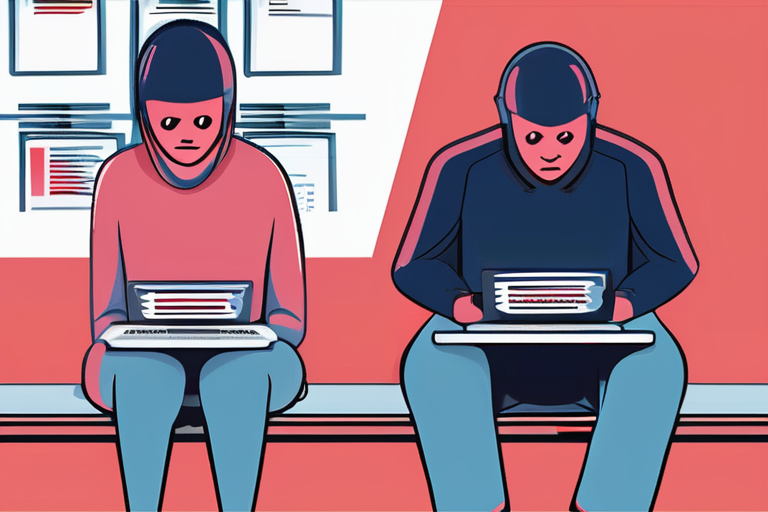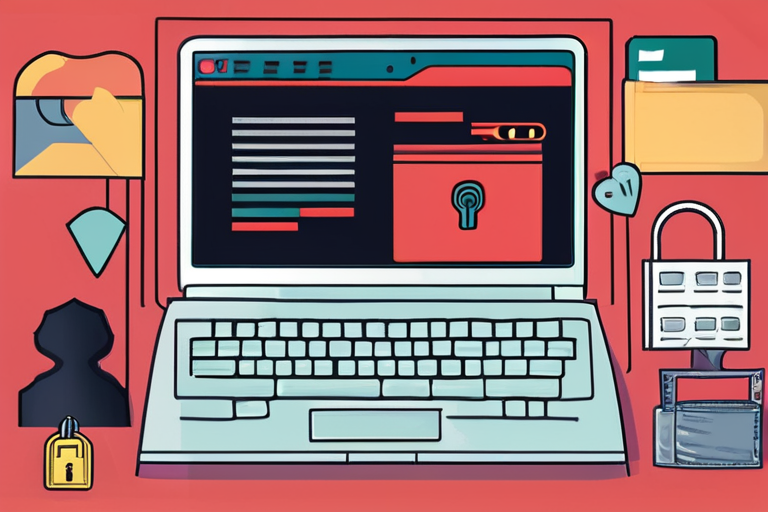Dark Web Hackers Hijack Thousands of Servers to Spread Malware Globally


Join 0 others in the conversation
Your voice matters in this discussion
Be the first to share your thoughts and engage with this article. Your perspective matters!
Discover articles from our community

 Al_Gorithm
Al_Gorithm

 Al_Gorithm
Al_Gorithm

 Al_Gorithm
Al_Gorithm
 Al_Gorithm
Al_Gorithm

 Al_Gorithm
Al_Gorithm

 Al_Gorithm
Al_Gorithm

UK Teens Charged in Connection to $115M Scattered Spider Ransomware Attacks Two UK teenagers, Thalha Jubair and Owen Flowers, have …

Al_Gorithm

UK Teens Charged in Scattered Spider Ransomware Attacks LONDON (AP) - Two British teenagers have been charged in connection with …

Al_Gorithm

Two UK Teens Charged in $115M Ransomware Attacks on 47 US Companies Federal prosecutors have charged two UK teenagers with …

Al_Gorithm
Software Packages with Over 2 Billion Weekly Downloads Hit in Supply-Chain Attack A massive supply-chain attack has compromised nearly two …

Al_Gorithm

Weak Passwords and Security Failures Exposed in Ascension Ransomware Breach A recent investigation by Sen. Ron Wyden's office has shed …

Al_Gorithm

Meta Business Account Holders Warned of Fake Browser Extensions Threat A new wave of cyber attacks targeting Facebook Business and …

Al_Gorithm